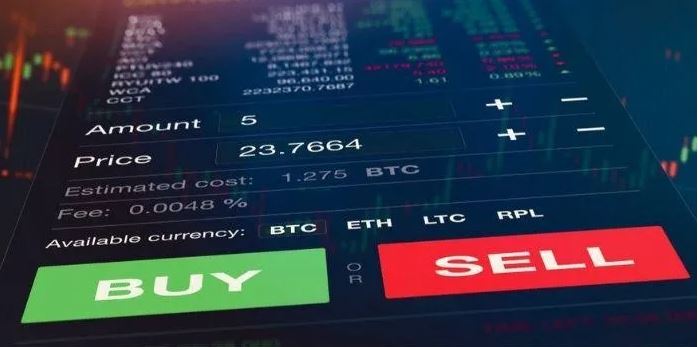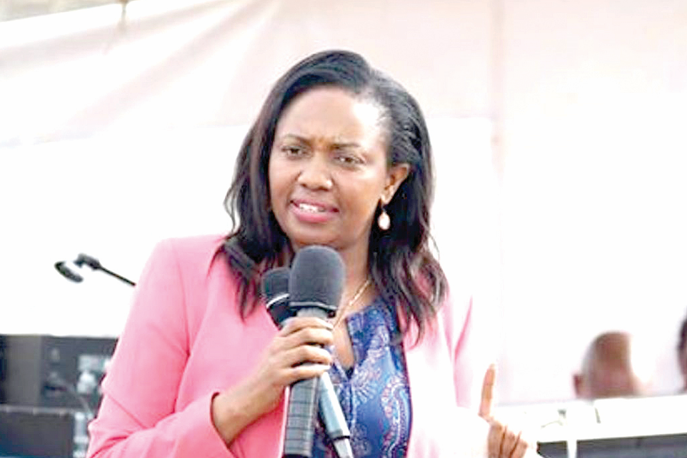Seven questions to ask before selecting a brokerage for trading in Kenya

According to recent estimates, there are about 90,000 forex traders in Kenya, and currently, Kenya is ranked third-largest market in Africa, behind Nigeria and South Africa on the list of countries with the highest number of online forex traders.
The impressive number of online traders is made possible through the availability of mobile internet all over the country.
The development of technologies like APl protocols (which apps of different platform providers from different parts of the globe use to communicate with each other seamlessly) contributed to the penetration of online trading in the country.
But there is also an increase in the number of scams that target online traders in Kenya. It has become imperative that the traders have a deep knowledge of how to make a choice of a good brokerage as this move is one of the steps that can help you reduce unnecessary risks.
As a beginner or a potential trader, you should take note that forex and stock trading is regulated by a regulatory agency called Capital Market Authority, CMA monitoring their activities with a view to ensuring transparency and accountability. Against this background, it is highly advisable for traders to trade only through forex brokers that are licensed by the CMA to operate in Kenya.
It is also very important that all traders interested in opening a brokerage account should list their investment goals.
Identifying the kind of products and services that suit one’s trading needs, is a vital way to pick a brokerage firm that offers the proper mix of value.
This article is written as a guide to enlighten you on the steps to take towards choosing a good Brokerage firm. Adhering to the six tips highlighted will go a long way in helping you not to make a mistake in taking one of the most critical decisions in trading.
Question One: Is the Broker Regulated by CMA?
One of the major things you should find out is if the brokerage house is regulated by a Kenyan government regulator known as the Capital Market Authority (CMA).
Lots of Forex and stock market traders have experienced a raw deal by patronizing brokers that are not licensed or regulated by the CMA. This harrowing experience has made several investors bankrupt.
Traders should bear in mind that before choosing any broker, they should ensure that the broker is duly recognized, licensed and regulated by CMA, because licensed brokers are held accountable by the regulatory body.
A broker that is fully regulated by CMA understands that there is a watchful eye monitoring its trading operation. This will make the broker observe practices that will ensure the safety and security of traders’ funds.
Patronizing unregulated brokers is a dangerous move that should be avoided because such brokers may use the funds that you have deposited with them for their own selfish reason. They would even do it without your awareness. What makes it worse is that in such a situation, you cannot withdraw the funds you have deposited.
If a broker registered with CMA engages in any fraudulent practices, you are eligible for compensation from the CMA up to a certain amount and from the insurance company covering the broker.
CMA has since licensed 6 non-dealing forex brokers to act as intermediaries between the online market and the client as per their list of licensees. The brokers do not engage in forex trading on behalf of the customer or act as a counterparty.
The six non-dealing Forex brokers are: FX Pesa (by EGM securities) Scope markets (by SCFM limited) Pepperstone Markets, Exinity East Africa Hot Forex (by HFM investment limited) and Windsor markets Kenya Limited,
The stockbrokers licensed by CMA as of December 2021 are ABC Capital, AIB- AXYS Africa, Francis Drummond & company limited, Kingdom securities Old mutual securities, Suntra investments, Securities Africa Kenya Limited, EFG Hermes Kenya limited and Kestrel Capital.
Question Two: How much does the Brokerage charge?
Online traders should note that the services of some brokers in Kenya come with extra charges depending on the brokerage firm. Some charge money for deposit and withdrawal activities.
The amount they charge on some occasions are not stable and are unpredictable as a result of the prevailing rate at the time the withdrawal is made.
That is why traders should check necessary information on the brokerage firm’s website in order to get a proper understanding of how the fees are charged. You can go through the frequently asked questions segment on their website.
For instance, Forex brokers such as FXPesa, Pepperstone, Scope markets and HotForex don’t add any extra deposit charge for traders while Exinity may charge and may not charge, depending on the method of deposit.
MPesa is a popular method for deposit & withdrawals in Kenya. All the 6 CMA regulated forex brokers accept MPesa at zero extra fees during deposits. But these brokers may charge extra fees during withdrawals via some method.
For example, FXPesa, Scope markets and Exinity charge fees with some withdrawal methods while Hotforex doesn’t charge fees. So, you must compare this in the overall fees.
You should also find out if the brokerage firm charges monthly or yearly account maintenance fees. It should also be noted that there is what is called “hidden charges”. Some brokers charge inactivity fees for accounts that have not been used in a while. Some will even charge you for using their trading platform, providing you research, etc. these are hidden charges so check with your broker to see if these charges apply.
Question Three: Does the brokerage firm offer easy access to Information?
Trading platforms offered by brokers should be equipped with a system where traders could search for crucial information that suits their trading plans and missions.
A new trader should be able to get necessary trading information on a particular term or data related to an instrument.
If the platform is a quality one, through the search window a trader should be able to access the information he needs quickly. If after some minutes, he can’t get the answer he has been looking for, it vividly shows that such a brokerage’s platform does not have the available information.
A trader should switch to another brokerage firm where he can have easy access to the information & data, he/she desires.
Question Four: Does the broker offer access to international markets?
As an online trader, you should not just have the mentality of local trading. You should have a global view because the advent of the digital age has offered us the opportunity to be operating in the world of global economy for a long time.
Due to the Investment opportunities offered by the digital revolution, it is imperative for traders to be making moves towards having access to the global markets.
So, before opting for a brokerage firm, a trader should find out if the broker offers access to international and emerging markets. This is important.
Question Five: Does the broker have provision for security and two-factor account authentication?
One of the core duties of a good brokerage firm is to make provisions for the protection of clients’ accounts while trading online. Before settling for a particular brokerage firm, try and find out how effective it is in protecting your account information.
One of the solid means of securing clients’ secret information is the usage of Two-Factor authentication. Two-factor Authentication is a very important tool that gives you the opportunity of activating a security feature in addition to your password. By activating it, you answer some security questions and other things it requires.
So, you should endeavour to find out if the brokerage platform offers Two-Factor Authentication so that you will be fully assured that your account is safe and secured.
You should also find out how the broker has upgraded technology to keep your account safe. For example, does the brokerage firm use hashing of their database? And what practices does it deploy to secure your information? Try and get to know things like that.
Question Six: Does the Brokerage Firm Offer Research and Analysis for Clients?
It should be noted that some brokerage companies render in-house and third-party market research to their clients.
They offer it in form of analyzed reports on individual stocks, updates on trading markets or through in-depth analysis of fixed-income returns.
Such research analysis serves as a good source of information for the trader. It also provides a higher depth of information compared with the one we get from traditional research means.
Question Seven: is the broker Insured?
It is important to find out if your broker has an active insurance policy and also find out the limit of indemnity that the insurance covers.
Check the broker’s website, download the insurance certificate and check the period covered to be sure it’s not expired. Insurance ensures that a trader is compensated in the event of loss of funds due to circumstances not linked to the trader.












